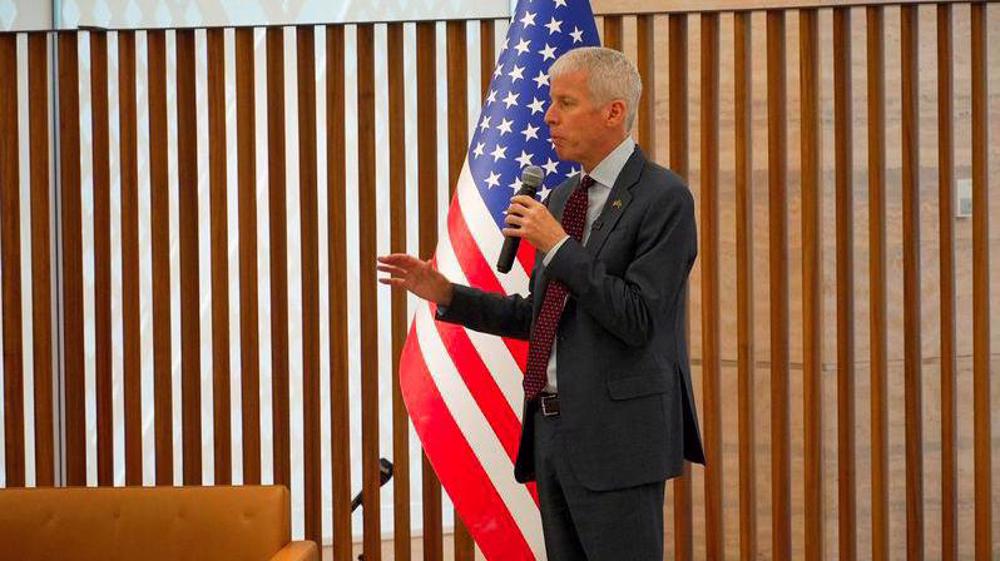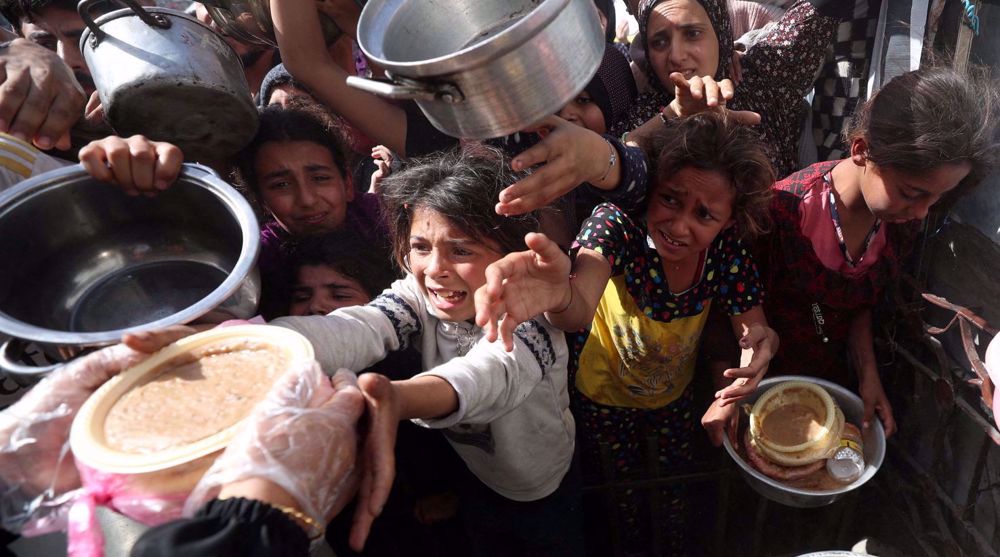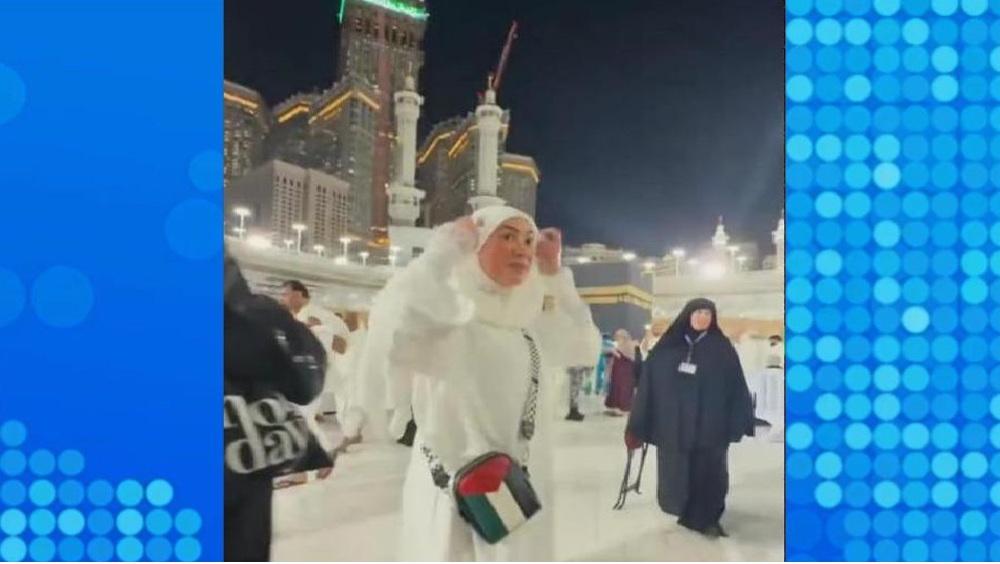At least 21 killed in ISIL bombing in Saudi Arabia’s Qatif
At least 21 people have lost their lives and 97 others sustained injuries in a bomb attack carried out by the Takfiri ISIL terrorist group against a Shia mosque in Saudi Arabia’s Eastern Province.
The figures were announced by Saudi Health Minister Khalid al-Faleh on Friday following the attack, which took place at Imam Ali (PBUH) Mosque in the village of al-Qadeeh, located in the oil-rich kingdom’s Qatif district and more than 420 kilometers (260 miles) east of the capital, Riyadh.
A bomber reportedly blew himself up in the mosque as more than 150 people had gathered for Friday prayers.
Later in the day, the Takfiri ISIL terrorist group claimed responsibility for the attack.
Following the bombing, a large number of people took to the streets in Qatif to denounce the terrorist attack. The protesters also chanted slogans to show their anger at Saudi officials over the deadly blast.
{{Gallery}}
Iranian condemnation
Meanwhile, the Islamic Republic of Iran has strongly condemned the deadly bomb attack against the Saudi Shia worshipers, calling for those responsible to be brought to justice.
“Countering and combating terrorist and extremist groups and avoiding adventurism abroad as well as refraining from inflicting irreparable losses on regional nations are the necessary steps that should be given priority,” Iran’s Foreign Ministry Spokeswoman Marziyeh Afkham said Friday.
Saudi regime ‘responsible’
The Lebanese resistance movement Hezbollah also strongly condemned the terrorist attack, saying the Saudi regime is “fully responsible” for the deadly incident.
"Hezbollah holds the Saudi authorities fully responsible for this ugly crime, for its embrace and sponsorship for these criminal murderers ... to carry out similar crimes in other Arab and Muslim countries," read the statement issued by the resistance group.
Hezbollah lashed out at Saudi Arabia for "failing to protect" its Shia citizens, who have been for long subject to systematic marginalization in the kingdom.
Saudi authorities "incited against them (Shia citizens) from the minbars (pulpits) of mosques and in the media,” the statement went on to say.
‘Abhorrent’ attack
United Nations Secretary General Ban Ki-moon denounced the terrorist attack as “abhorrent” and extended his condolences to the families of the victims.
“The attack caused many deaths and injuries as people were gathering for Friday prayers,” read the statement issued by the UN chief, adding, “Such attacks on places of worship are abhorrent and intended to promote sectarian conflict.”
Ban also expressed hope that “the perpetrators will be swiftly brought to justice.”
On November 3, 2014, masked gunmen stormed a group of Shia Muslims participating in a ceremony marking the martyrdom anniversary of Imam Hussein (PBUH), the third Shia Imam, in the village of al-Dalwah in al-Ahsa Governorate of Eastern Province, and opened fire as people were observing Ashura, the 10th day of the lunar month of Muharram.
Eastern Province has been the site of peaceful demonstrations, mostly in the districts of Qatif and Awamiyah, since February 2011. Protesters have been demanding reforms, freedom of expression and the release of political prisoners. They want an end to economic and religious discrimination against the oil-rich region.
Several demonstrators have been killed and dozens of activists have been arrested since the beginning of protests in the region.
MP/FNR/NN/HMV/GHN/HJL

Saudi Arabia, US to sign agreement on civil nuclear program: Energy secretary

Saudi Arabia calls for 'maximum pressure' on Israel as UN warns of ‘longest Gaza blockade’

Saudi police ‘detain’ female pilgrim for displaying Palestinian flag in Mecca
Leader: Iran ready to share its progresses with Saudi Arabia
Iran's FM in Russia to 'consult on matters of common concern'
Saudi defense minister in Iran for talks on regional developments
Three days from freedom: 64th Palestinian abductee dies in Israeli captivity
IAEA should maintain neutrality in Tehran-Washington talks: Iran nuclear chief
VIDEO | Press TV's news headlines
Hamas: Israel tortures Palestinian abductees while we treat captives humanely
Israeli captive in Gaza holds Netanyahu responsible for continued captivity






 This makes it easy to access the Press TV website
This makes it easy to access the Press TV website